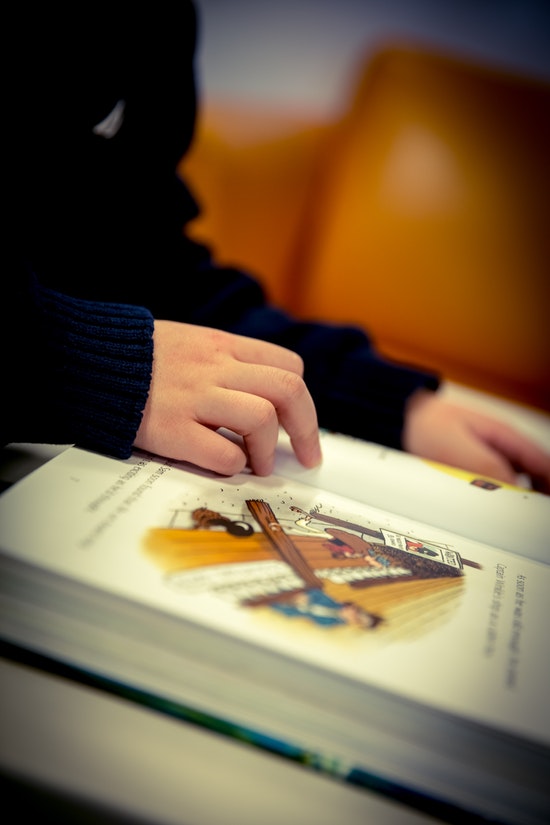READS is a summer program for disadvantaged children promoted by the i3 (Investing in Innovation) Fund and The Wallace Foundation. It uses computer algorithms to figure out a student’s interests. Next, it matches them to books. It gives students in kindergarten through fifth grade 10 free books, but there are strings attached.
Both the i3 and the Wallace Foundation are tied to programs involving data collection and personalized learning, so it makes sense to worry about any program that has their funding and endorsement.
READS is scripted. Does it remove the joy of reading? Does it dismiss the expertise of librarians and teachers?
READS is a nonprofit. Here is information from the READS Institute. (not sure what happened to the link).
We realize that schools are busy. That is why READS for Summer Learning developed a complete implementation system for busy educators and schools. For a price of $95 per student, schools have access to the essential materials necessary for successfully implementing the program – materials, awards, communications, and beyond.
Schools are busy? Isn’t reading one of the most important programs that schools provide?
Student access to books is cited as the need for READS. During summer, students might find it difficult to get to the library. They also might not be able to afford books.
Here is information about the program.
READS involves scripted teaching material, learning modules, and program templates. It includes comprehension questions for books children read, they engage families through phone calls, and they “nudge” students to read over the summer.
They also have an online Student Data Management System which allows participating schools to track and evaluate student performance.
They tried to reward students for reading, but found it doesn’t work. Students still get awards.
READS might look helpful, but it’s worrisome too. Here are concerns.
- READS determines a child’s interests to match them to books through a computer algorithm. This removes the critical and exciting experience of helping children learn to explore the library. Kids need to learn where to find books they like, and to ask for help from the librarian when they seek information.
- The program focuses on leveling—ensuring that a student is paired with a book that is at their grade level. This might help some children who struggle with reading difficulties, but it could also limit a child’s freedom to explore topics and vocabulary that they find interesting.
- Librarians and teachers are good for helping children choose books. They can lead students to simpler books that cover the same topic.
- There might also be magazines or other print information that students can learn from.
- READS comprehension questions could make reading appear chore-like. Students might be less inclined to explore more difficult books if they know they will be quizzed.
- READS talks about raising test scores, but test scores are only raised about a month’s worth. This could be due to what teachers do during the school year.
- Why is it necessary to collect data on children’s reading progress over the summer?
Here are some different ideas:
- Get children to the library. If library access is difficult, can’t buses transport students to school or local libraries at least once a week for several hours?
- Summer school programs that take a relaxed approach and help students enjoy reading without pressures faced during the school year might help.
- Leave the school library open over the summer.
- Book clubs, library author programs, or presentations and book readings might be more fun and get students excited about reading.
- Instead of nudging parents all summer, remind them at the end of the school year to encourage reading, and inform them of upcoming library programs.
- Parents might react more favorably to personal book recommendations for their child.
- Provide parents with a list of interesting books and movies that match books that the whole family can enjoy.
- Help children get access to free or inexpensive books over the summer. Have a community book drive!
- Coordinate local library programs with the schools. Most local libraries have good summer programs for children.
If READS works for your school district, good. I cannot be critical of what works. But the program seems too contrived and reform-like to me. Just because a child is disadvantaged, doesn’t mean reading needs to be a chore, or that information needs to be collected continuously on a student’s progress.


I have had no experience with this program, but it strikes me that you are correct in your caveat emptor approach to it. Is it another way to mine data on a population?